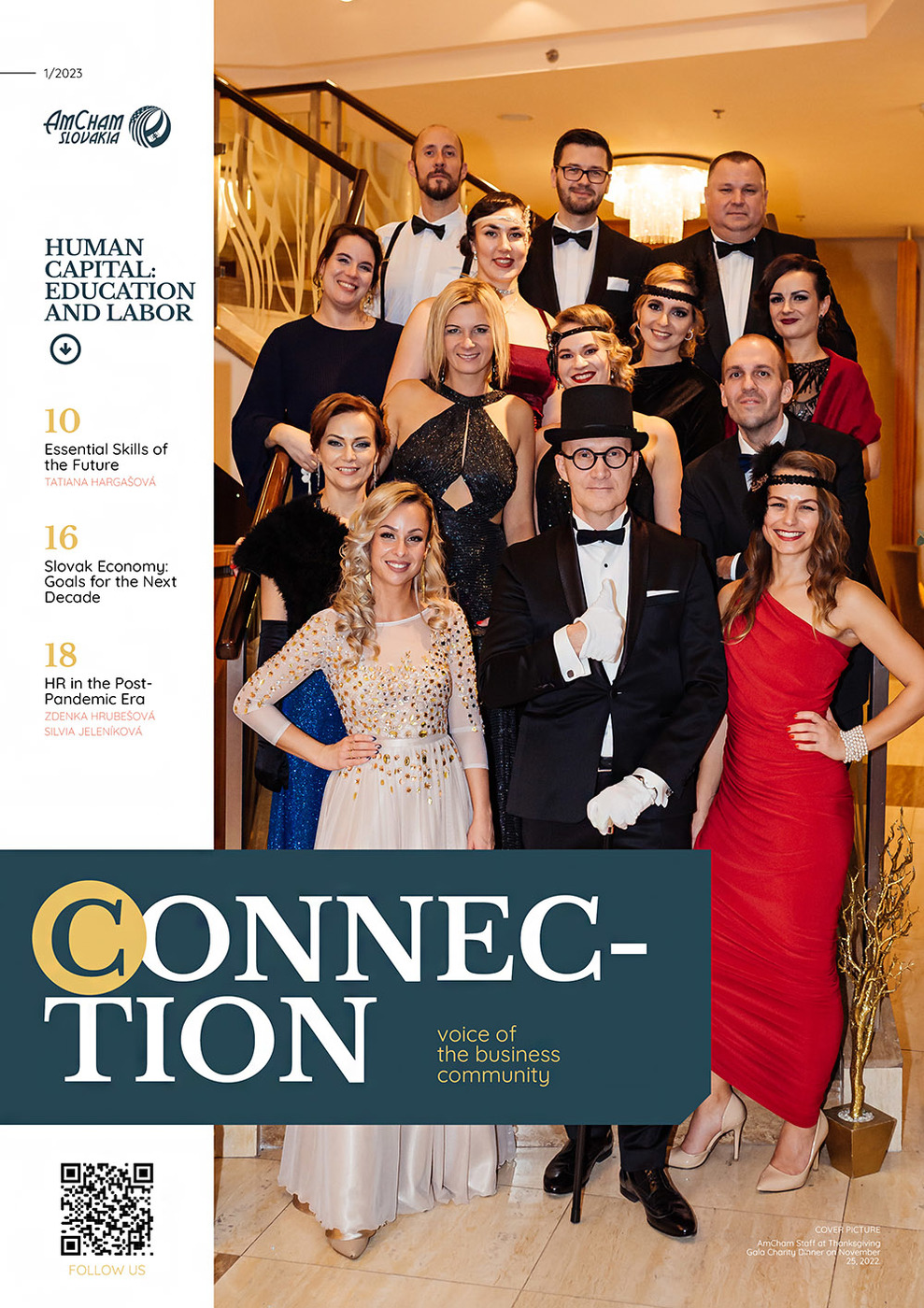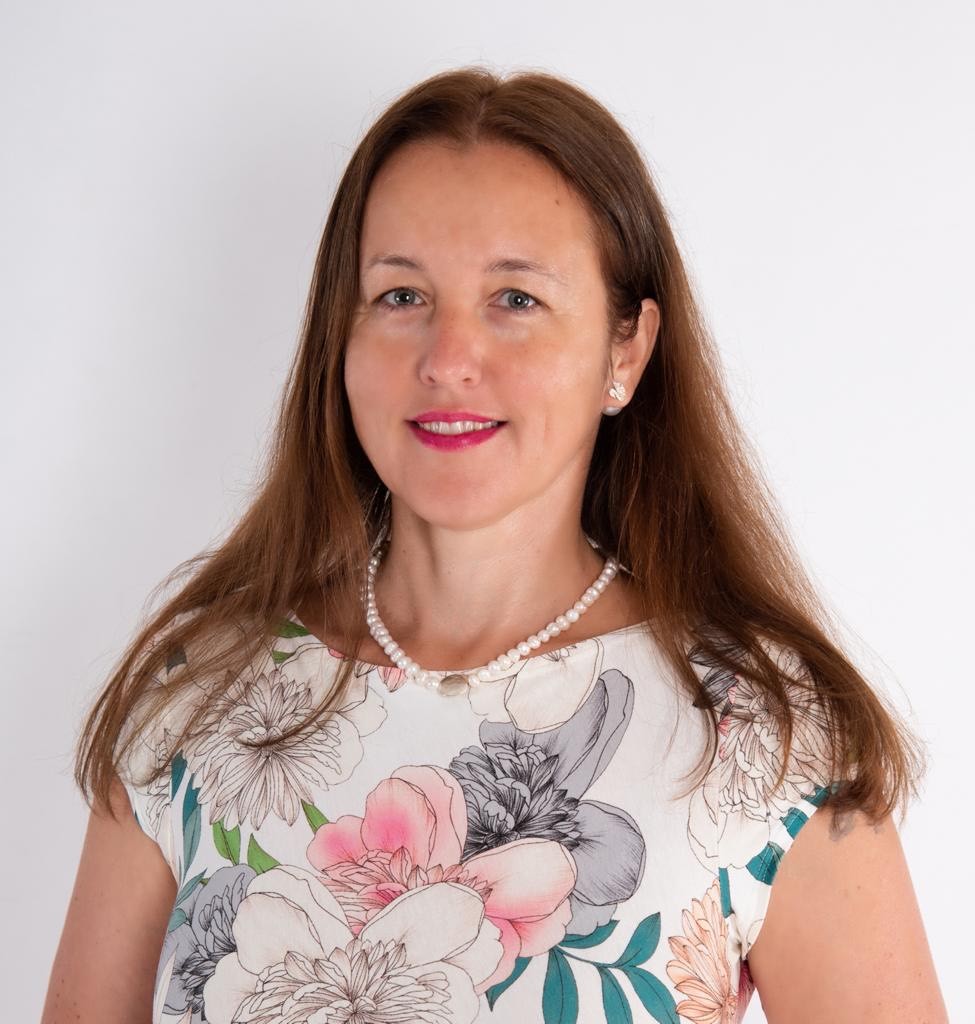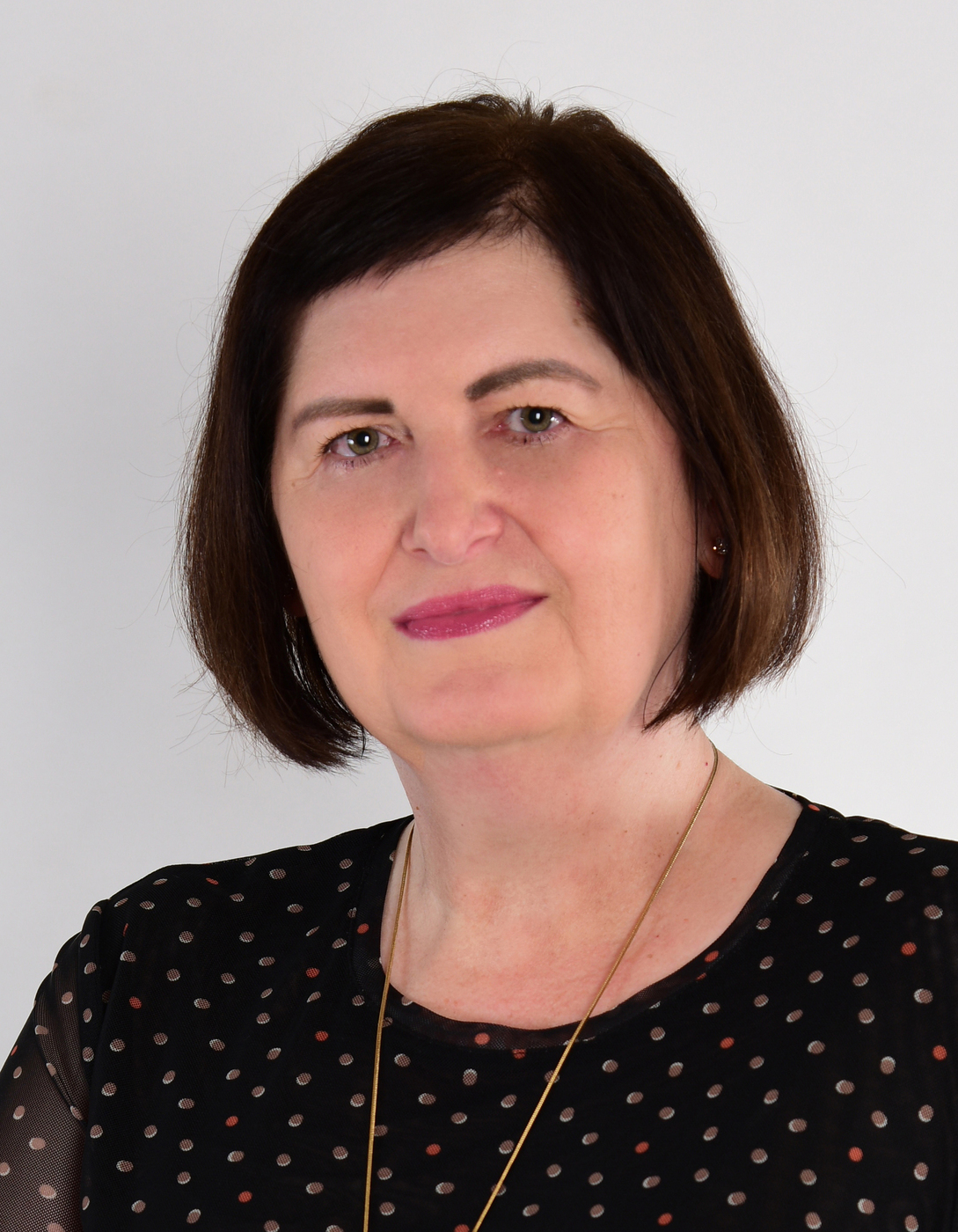Has the “new normal” already settled in, or is it still something that is only taking shape?
(ZH) Dell has been a leader in the implementation of Connected Workplace and Remote working policies. The pandemic situation speeded up the implementation of remote working for teams which were supposed to work from the office from a technical perspective (internal sales) and also for those team members who preferred to work from the office. The “new normal” has already been settled in from a technical perspective and we shifted our focus to other associated challenges such as the application of new legislative, or challenges concerning the psychological well-being of employees, keeping work life balance in check, team engagement, etc.
What do you perceive as the most dramatic change that occurred in the way we work in the post-pandemic era?
(ZH) We have already anticipated that communication in this uncertain era was going to be very important. We made sure that we were providing needed information to all employees via various channels such as regular Virtual Q&A sessions with Senior Leadership team, and supporting them via various trainings. We also share best practices for newcomers with regards to communication.
What is the most commonly used hybrid work model in Slovakia?
(ZH) The hybrid work model in Slovakia differs depending on the industry and its operational needs. In general, people tend to work from home on Mondays and Fridays.

What is the biggest challenge this development presents for the employees?
(ZH) There have been various challenges for employees depending on their private conditions. For example, for those who live alone it’s the lack of communication and work life balance. Others, who have small children and more family members, have to figure out how to create a workplace where they can be effective.
And what about the employers?
(ZH) The employers need to create a workplace where teams and individuals are able to cooperate effectively. On the other hand, we have to monitor how employees use the office premises and evaluate the effectiveness of rental and operational costs.
How is the concept of remote work currently reflected in Slovak legislation?
(ZH) The government reacted to the pandemic era last year and proposed the Amendment to the Labor Code related to remote work. The concept of remote work is general and creates a space to agree detailed conditions of remote work in internal policies, collective bargaining agreements or employment agreements. There are also areas as for example Health & Safety, where we need to monitor the employees in order to see if more regulation is needed.
How has the role of HR departments transformed - what are the current top priorities?
(SJ) HR was heavily involved in the CMT activities (crisis management) during the pandemic, which was a combination of change management, crisis communication and leader and employee coaching (mostly in a group context). People needed clear instructions, interpretation of messages from leadership, and HR was in the middle of that. After the pandemic, HR needs to address the topic of hybrid working, collaboration and leader support in a hybrid world. Nobody has a playbook for working and leading in the hybrid world, although as a global corporation, we have had great experience even from the pre-pandemic period on how to lead and support people in different locations around the world.
With the world becoming more volatile and unpredictable, HR needs to prepare leaders and employees to be able to deal with such a world and to keep an agile, human centric approach, resiliency and wellbeing.
What trends are the most likely to shape employee experience in the near future?
(ZH) We’ve been developing a concept that we call the Future of Work for more than a decade and well over half of our global team works remotely today. From our expertise we see trends in adopting new technologies, processes, and infrastructure to support new models of work. It is also crucial to create collaborative environments for all.
Zdenka Hrubešová, Legal Director, Dell Technologies
Silvia Jeleníková, Co-Site Lead of Dell Global Business Centre & HR Director CEE Region, Dell Technologies




Follow us